This edition is published by Papamoa Press www.pp-publishing.com
To join our mailing list for new titles or for issues with our books papamoapress@gmail.com
Or on Facebook
Text originally published in 1946 under the same title.
Papamoa Press 2018, all rights reserved. No part of this publication may be reproduced, stored in a retrieval system or transmitted by any means, electrical, mechanical or otherwise without the written permission of the copyright holder.
Publishers Note
Although in most cases we have retained the Authors original spelling and grammar to authentically reproduce the work of the Author and the original intent of such material, some additional notes and clarifications have been added for the modern readers benefit.
We have also made every effort to include all maps and illustrations of the original edition the limitations of formatting do not allow of including larger maps, we will upload as many of these maps as possible.
THE WILDCATTERS
AN INFORMAL HISTORY OF OIL-HUNTING IN AMERICA
BY
SAMUEL W. TAIT, JR.
THE WILDCATTERS
ACKNOWLEDGMENTS
WALLACE E. PRATT and the University of Kansas Press have been so kind as to permit the use of a passage from the formers Oil in the Earth .
Lt.-Col. R. B. Harkness, Gas Commissioner of Ontario, has taken time from the pressing duties of foreign service to refer me to invaluable information as to early drilling in his province.
The Derrick Publishing Company and E. P. Boyle, president, have permitted me to use passages from The Derricks Hand Book of Petroleum, and specifically a long section describing the Thorn Creek gusher.
P. C. Lauinger, president of the Petroleum Publishing Company, and C. O. Willson, editor of The Oil and Gas Journal , published by that company, have permitted me to use linecuts which appeared in that magazine and have made useful suggestions. L. P. Stockman, California district editor of the same publication, has provided valuable data about petroleum history in his state. To the research and historical writings of at least two other members of the Journal staff, James McIntyre and Thomas F. Smiley, I owe an incalculable debt.
Warren L. Baker, editor of The Oil Weekly , has been very helpful in answering questions as to historical points upon which there were no written data.
My appreciation goes to two Tulsa oil editors whose aid was invariably given in that spirit of camaraderie which has always distinguished the oil game: Paul S. Hedrick of the World and Andrew M. Rowley of the Tribune .
Thanks are due Miss Margaret Corrie of the Union Oil Company for composing from data exclusively in that firms possession a carefully detailed and dramatic account of the Lakeview gusher.
C. M. Joiner, discoverer of the East Texas field, has been so kind as to settle disputed questions about his explorations.
A. W. Hamill, contractor and driller of the Spindletop gusher, has read my account of the drilling of that great well and has offered valuable suggestions which have been followed.
My appreciation goes to the Drake Museum of Titusville for permission to consult documents and manuscripts in its files.
Warwick M. Downing, attorney at law, of Denver; Harold D. Roberts, attorney at law, of the same city; C. J. Hares, geologist, of Casper; Max W. Ball, geologist, of Denver; and W. B. Emery, geologist, of Findlay, have provided information for the section on the Salt Creek field.
I am particularly indebted to the following members of state geological surveys: George H. Ashley of Pennsylvania; R. C. Tucker of West Virginia; Wilber Stout of Ohio; R. A. Smith of Michigan; A. H. Bell of Illinois. The publications of these and of other states covered by this book have, of course, been useful, as have those of the United States Geological Survey, the Geological Survey of Canada, and the Ontario Department of Mines.
Other geologists who have been helpful are W. V. Howard, J. V. Howell, H. B. Goodrich, all of Tulsa, Ralph Arnold of Los Angeles, and M. Gordon Gulley of Pittsburgh.
Finally I must acknowledge my great debt to the American Petroleum Institute and its staff, incurred during some years of membership in that organization. Without its facilities for historical and statistical research no history of petroleum-hunting could be written.
S. W. T., JR.
Montpelier, Indiana
QUOTATION FROM WALLACE E. PRATT
SOME factors in the problem of where oil is in the earth, however, elude graphs and statistical calculation. These factors are not resolved by any study of the record of past discoveries. They bear no discernible relationship to the physical character of the earths oil reservoirs. If, for example, the region we call Kansas today had slipped from her present moorings at the inception of our Civil War, say, and transplanted herself bodily to become part of the national territory of any one of a half-dozen old-world powers, the chances are that few of her oil fields would have yet been discovered. The oil fields of Kansas and other western states were discovered and developed by a curious movement or force like nothing ever recorded in any other country. This force was born with Oil Creek, grew and developed with the spread of oil through Pennsylvania, and gradually pushed westward, leaving a train of oil fields in its wake. The states across which this quest proceeded yielded up their oil, more or less without regard to their geological constitution. To be sure great areas of metamorphics and crystallines like the iron ranges of Minnesota and the Ozarks in Missouri remained obdurate, but other regions responded one after another to the call of the wildcatter; states as diverse geologically as Kentucky and Ohio, Illinois and Texas, Kansas and Louisiana, each developed great oil fields. Continental France today possesses no large oil field, yet if France had lain across the path of the American oil-finder I have little doubt that France too would have taken her place in this procession of oil-producing regions. It is the genius of a people that determined this achievement; the presence of oil in the earth of itself is not enough.
Men who grew up among the oil fields of Pennsylvania, or West Virginia, came west and, knowing nothing of geologyindeed, almost in defiance of geologydrilled wells that uncovered new oil fields. The Fortieth Parallel Survey traversed this same westward course in the early 1870s, a little ahead of these pioneers, with intellectual giants like Clarence King and Frank Emmons searching with trained eyes for possible evidences of mineral deposits. Yet this classic of geologic exploration reported nothing to justify the belief that myriads of oil derricks would soon come to dot the plains. Where, for example, could a less promising location for an oil test have been found than the red-beds plains of western Oklahoma, where Ponca City now stands, when the prospecting that resulted in the discovery of that great oil field was undertaken? Surely, these rolling prairies bore no physical resemblance to the cuestas and hog-backs of Pennsylvania in the Appalachian foothills where American pioneers had learned to drill for oil. What then guided these adventurers in their sensational discoveries of oil fields across the entire width of a continent?WALLACE E. PRATT, Oil in the Earth (1942).



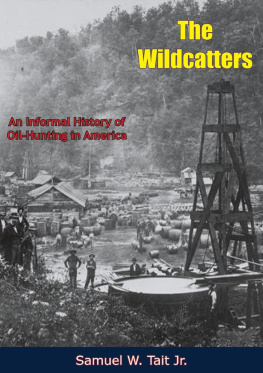



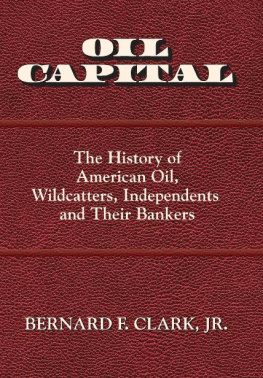
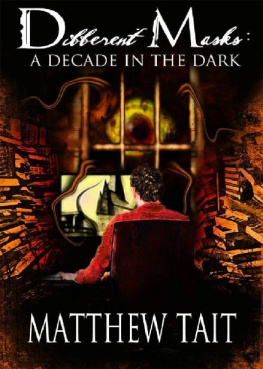

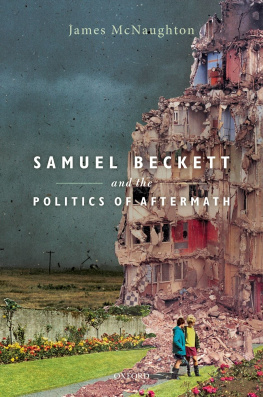


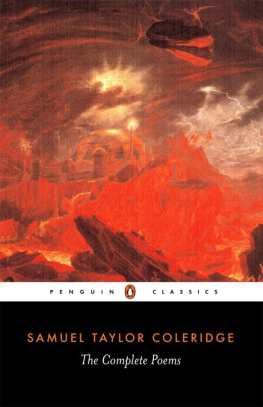
![Samuel Beckett [Samuel Beckett] - The Complete Dramatic Works](/uploads/posts/book/72751/thumbs/samuel-beckett-samuel-beckett-the-complete.jpg)